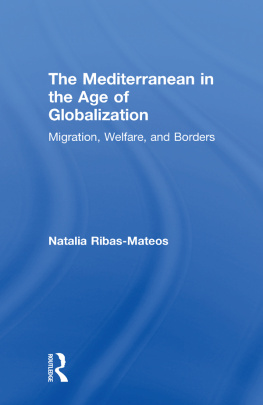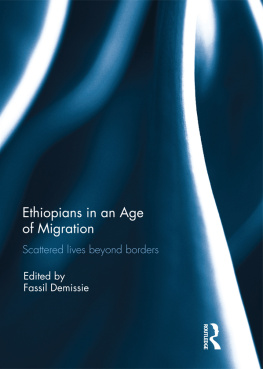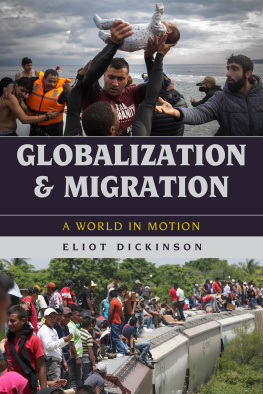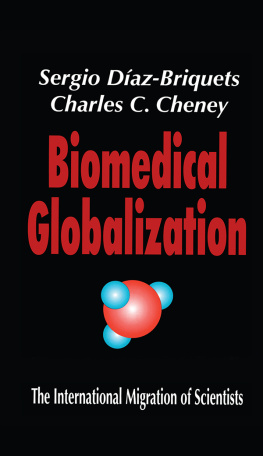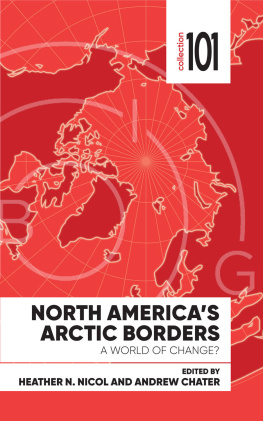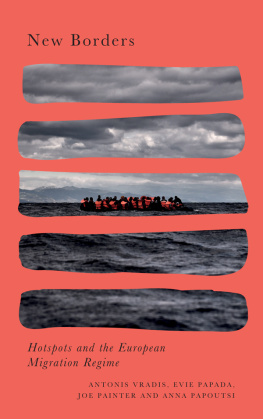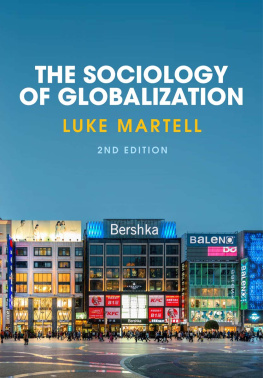Natalia Ribas-Mateos - The Mediterranean in the Age of Globalization: Migration, Welfare & Borders
Here you can read online Natalia Ribas-Mateos - The Mediterranean in the Age of Globalization: Migration, Welfare & Borders full text of the book (entire story) in english for free. Download pdf and epub, get meaning, cover and reviews about this ebook. year: 2005, publisher: Routledge, genre: Politics. Description of the work, (preface) as well as reviews are available. Best literature library LitArk.com created for fans of good reading and offers a wide selection of genres:
Romance novel
Science fiction
Adventure
Detective
Science
History
Home and family
Prose
Art
Politics
Computer
Non-fiction
Religion
Business
Children
Humor
Choose a favorite category and find really read worthwhile books. Enjoy immersion in the world of imagination, feel the emotions of the characters or learn something new for yourself, make an fascinating discovery.
- Book:The Mediterranean in the Age of Globalization: Migration, Welfare & Borders
- Author:
- Publisher:Routledge
- Genre:
- Year:2005
- Rating:3 / 5
- Favourites:Add to favourites
- Your mark:
- 60
- 1
- 2
- 3
- 4
- 5
The Mediterranean in the Age of Globalization: Migration, Welfare & Borders: summary, description and annotation
We offer to read an annotation, description, summary or preface (depends on what the author of the book "The Mediterranean in the Age of Globalization: Migration, Welfare & Borders" wrote himself). If you haven't found the necessary information about the book — write in the comments, we will try to find it.
The Mediterranean in the Age of Globalization: Migration, Welfare & Borders — read online for free the complete book (whole text) full work
Below is the text of the book, divided by pages. System saving the place of the last page read, allows you to conveniently read the book "The Mediterranean in the Age of Globalization: Migration, Welfare & Borders" online for free, without having to search again every time where you left off. Put a bookmark, and you can go to the page where you finished reading at any time.
Font size:
Interval:
Bookmark:
MEDITERRANEAN
IN THE AGE OF
GLOBALIZATION
& BORDERS
MEDITERRANEAN
IN THE AGE OF GLOBALIZATION

2 Park Square, Milton Park, Abingdon, Oxon OX14 4RN
711 Third Avenue, New York, NY 10017, USA
Product or corporate names may be trademarks or registered trademarks, and are used only for identification and explanation without intent to infringe.
The Mediterranean in the age of globalization : migration, welfare, and
borders / Natalia Ribas-Mateos.
p. cm.
Includes bibliographical references and index.
ISBN 0-7658-0257-0 (cloth : alk. paper)
1. Migration, InternalMediterranean RegionCongresses. 2. Mediterranean
RegionEconomic conditions. 3. Mediterranean Region
Social conditions. 4. Europe, SouthernEmigration and immigration. 5.
Africa, NorthEmigration and immigration. 6. Europe, SouthernSocial
policy. 7. Welfare stateEurope, Southern. 8. Marginality, Social
Europe, Southern. 9. GlobalizationEconomic aspects. 10. Globalization
Social aspects. I. Title.
303.4821822dc22
Referred to CMS (Foreign Minors Committee) by Country of Origin
Font size:
Interval:
Bookmark:
Similar books «The Mediterranean in the Age of Globalization: Migration, Welfare & Borders»
Look at similar books to The Mediterranean in the Age of Globalization: Migration, Welfare & Borders. We have selected literature similar in name and meaning in the hope of providing readers with more options to find new, interesting, not yet read works.
Discussion, reviews of the book The Mediterranean in the Age of Globalization: Migration, Welfare & Borders and just readers' own opinions. Leave your comments, write what you think about the work, its meaning or the main characters. Specify what exactly you liked and what you didn't like, and why you think so.

